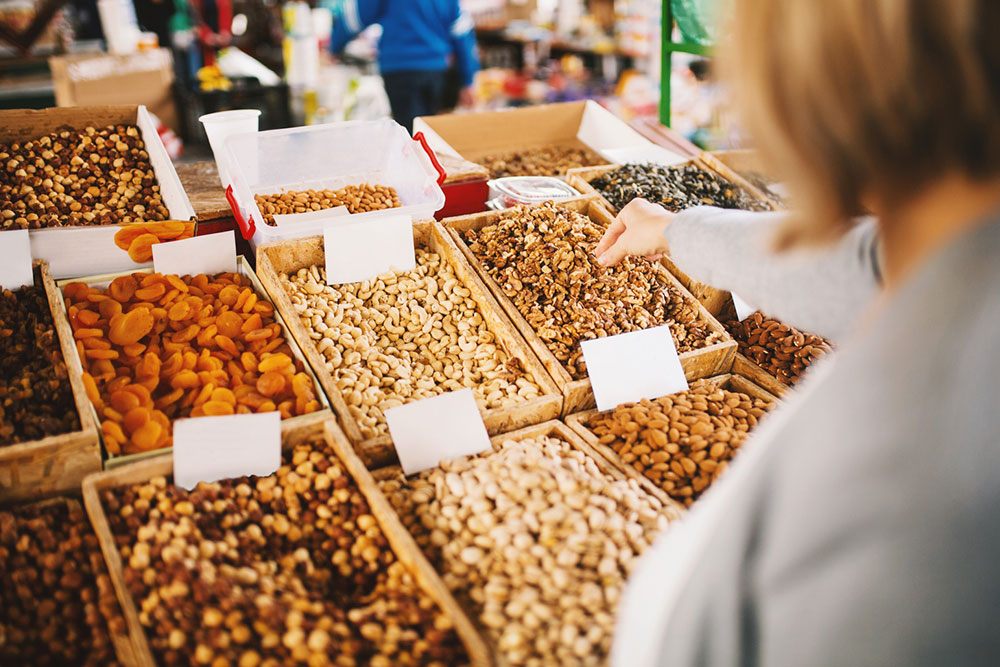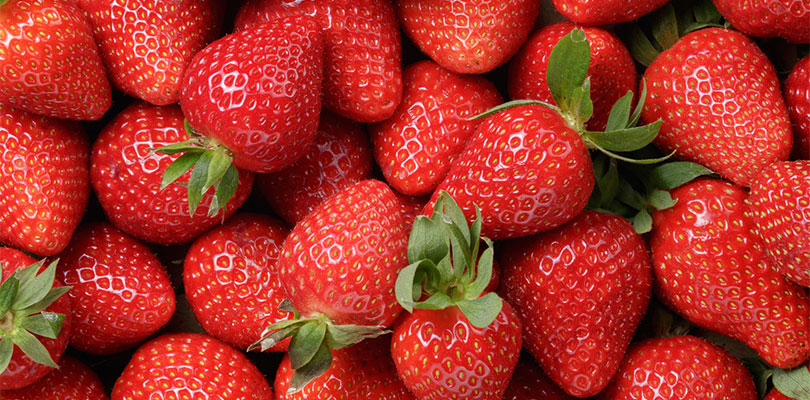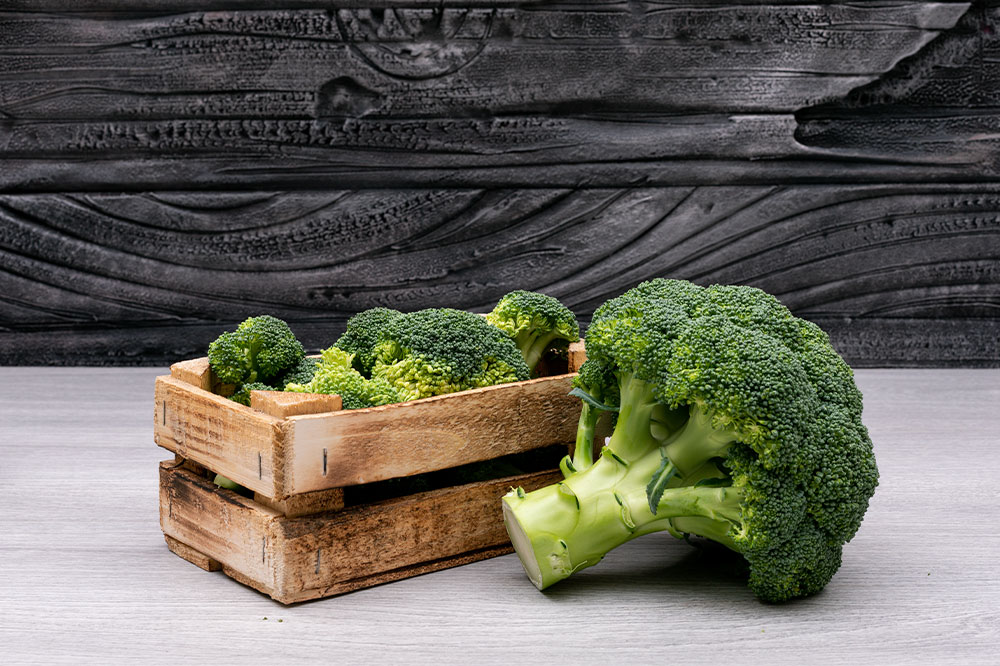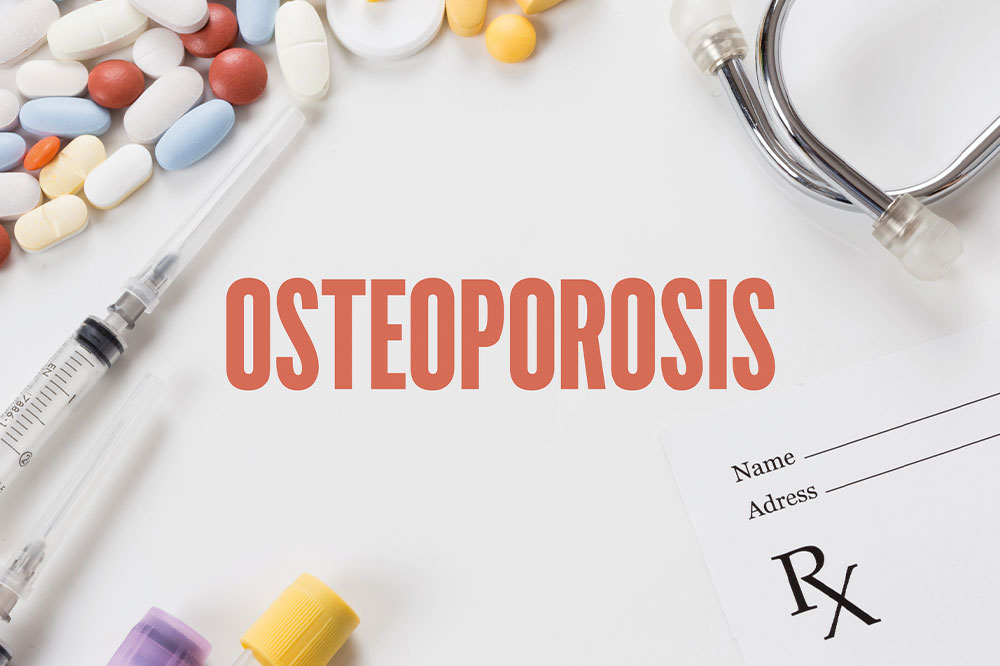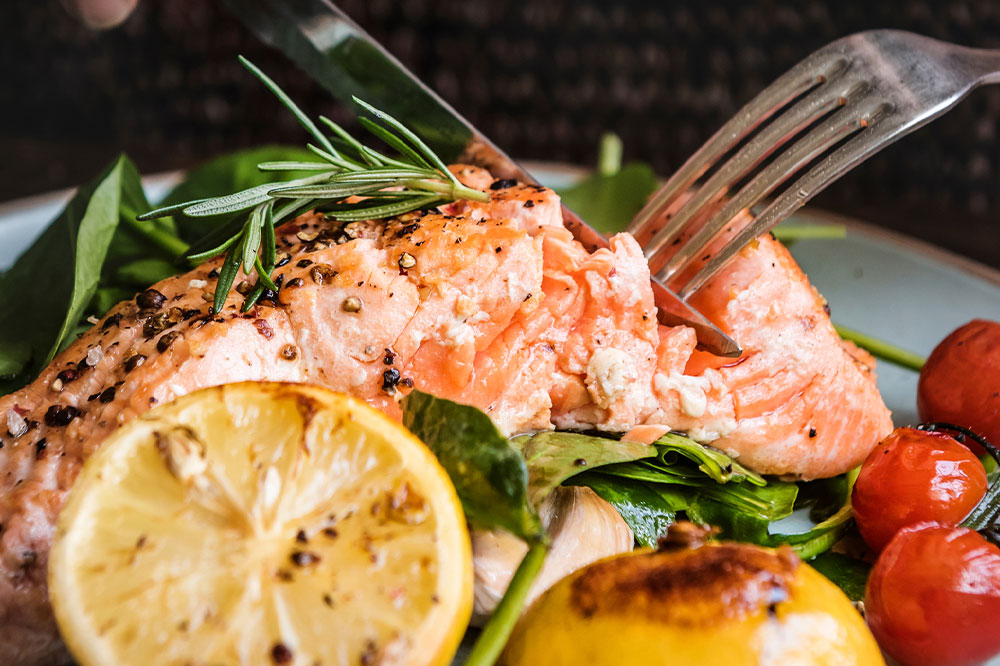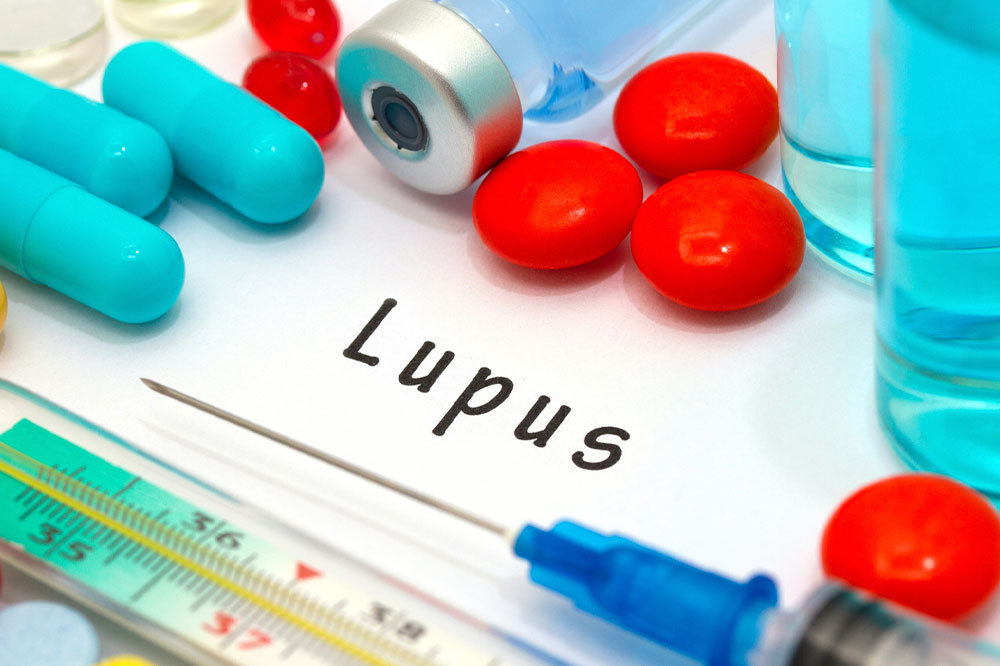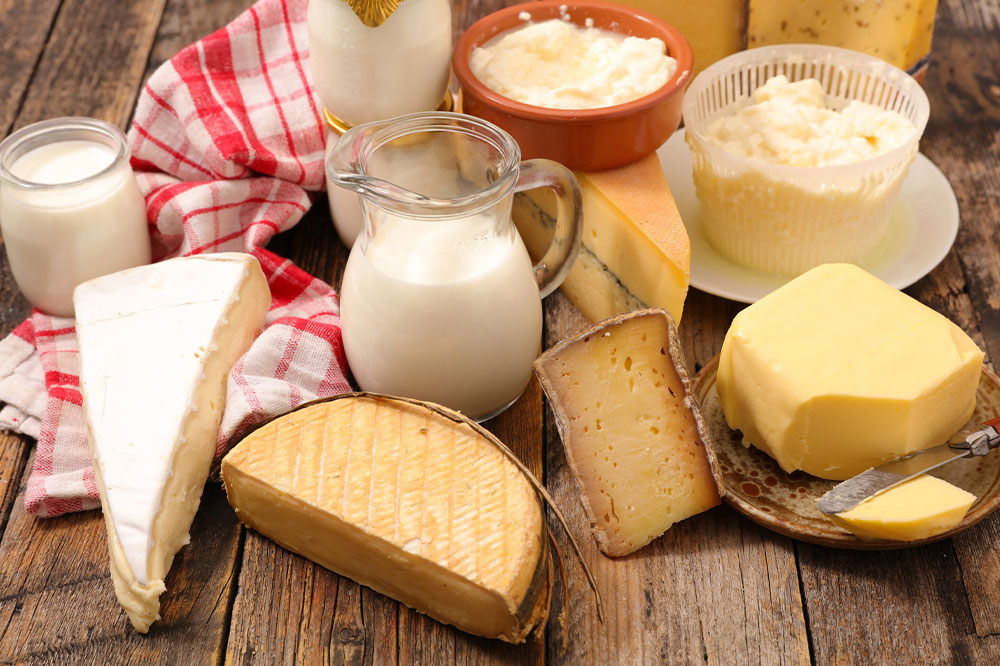
9 uncommon signs of lung cancer
health
The common signs of lung cancer are well known. Some of them include cough, fatigue, breathlessness, and chest pain. However, there are many symptoms of lung cancer that are not as well-known or documented in a host of content on the internet. Like other malignancies, detecting lung cancer in its early stages increases the chances of a successful treatment. Therefore, here are some of the uncommon signs of lung cancer that one should be aware of: 1. Clubbed fingers Arguably, the strangest of all lung cancer symptoms is the phenomenon called finger clubbing. In this symptom, the fingertips of an individual with lung cancer become fatter than usual. The fingers also tend to appear rounder, and the fingernails begin to appear more and more bent with time. This clubbing mainly happens because the tumor in the lung secretes a chemical that directs more fluid and blood to a person’s finger tissue. Healthcare research studies have found that about 8 out of every 10 cases of finger clubbing happen to people with lung cancer. 2. Puffiness in the face, arms, and neck In many instances, lung cancer tumors can often obstruct the superior vena cava, a significant vein that carries blood from the head and arms to the heart.



